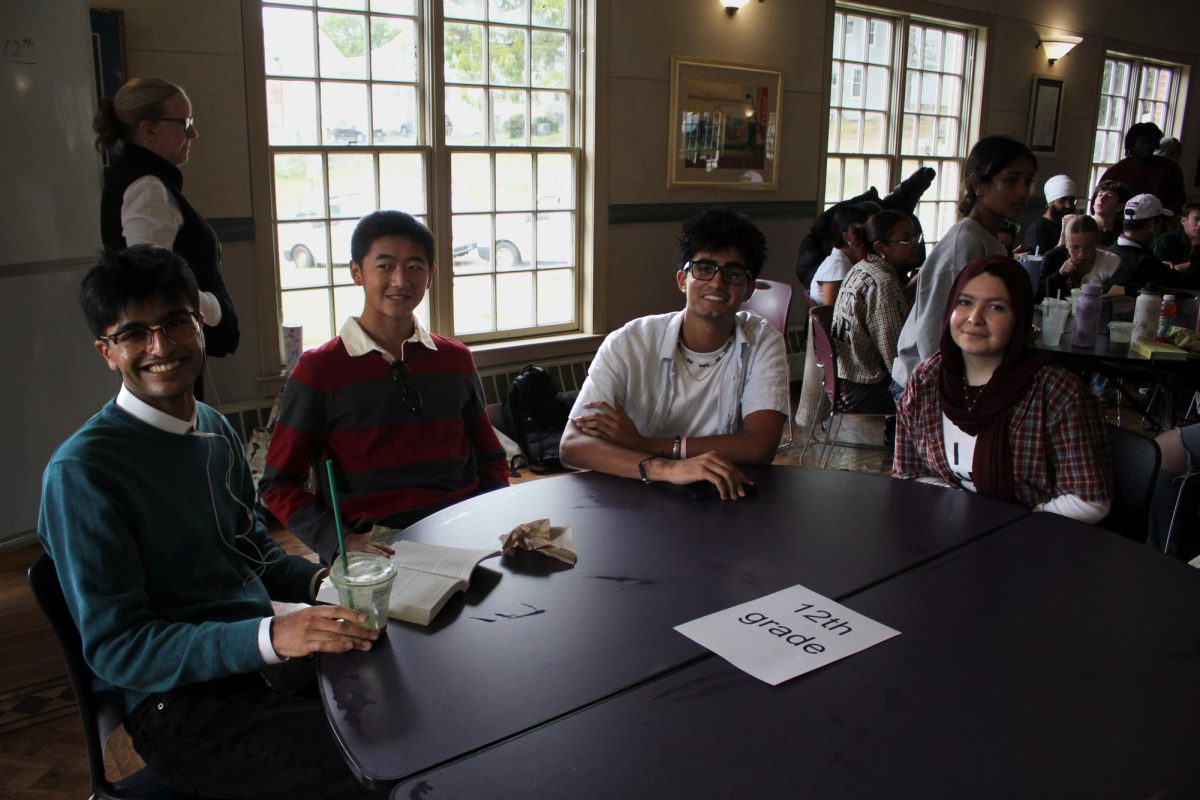The new daily schedule for the upcoming school year has left students with differing opinions on how the schedule will affect them.
The new daily schedule was emailed to students in early August by Associate Head of School/Academic Dean Meredith Godley. While some aspects of the schedule remain the same, such as the two-week cycle of class schedules and same ending time, the changes that were made completely reconstruct the format of student and faculty life at MFS. The new changes include a 15-minute snack break, a first-period prep that pushes the start of the school day back by 15 minutes, varying times for class periods, and more.

Godley, who contributed to the changes in the new schedule, explained teachers’ involvement in the planning process: “We tried to be as inclusive as possible; we had a survey that we sent out to faculty, we had listening sessions where we presented three different options of schedules to faculty and got their feedback … I feel like we did a good job trying to hear all of the perspectives and the priorities that different people had.”
Godley also thought that there were many benefits to this new schedule for students as well as teachers: “In particular to the first-period prep … [we] addressed some key concerns that people have. One is student wellness; the break is really key for kids who aren’t coming in early and don’t have transportation constraints in the morning. They can sleep in a little later … first-period prep also allows students to get help from teachers, so instead of doing something like skipping a club they really care about to go see a teacher, [opportunities to meet with teachers] are built into the schedule every day. First-period prep is also going to allow teachers some time to have meetings and collaborate, and that collaboration or discussion of students always benefits students in the end because it creates better programming and more support for students.”
Some students, like Maya Wohler ’26, agreed with Godley: “I think that school is a very communication-oriented experience, so I’m grateful to be provided with the time to do so. I find talking to teachers and asking them questions about [schoolwork] has helped me countless times.” Even so, Wohler was still a bit surprised by the change, and said that “the most shocking thing in the schedule was definitely the snack breaks. I was taken aback! But I’m very glad that the Upper School is providing us time to connect outside of class.”
Wohler wasn’t the only student who felt this way. Junior Bella Didie had the same thought about the first-period prep in the morning. Even so, she still had some mixed feelings: “I am a little upset about the bus schedule not being changed.”
The bus schedule will remain the same this year, despite school starting later. MFS’ Director of Finance and Operations, Lisa Carbone Warren, explained the reasoning behind this, saying, “It will be helpful for students to have the extra time in the morning without having to change their schedules of what time they wake up and get to the bus stop.” Another factor, Carbone Warren said, was the Lower School students: “Since Lower School students also ride the buses, this allows them to keep to their regular schedule also.”
Some students were worried about other aspects of the schedule entirely. Sophomore Ethan Empaynado noticed a change in the “the layout of the schedule, which [he doesn’t] really like as much.” He noted that “on Monday last period, there’s an E block and the first-period on Tuesday is the same class. That doesn’t really make sense to me.”
This pattern of the same last period and next-day first-period class shows up several times throughout the schedule for both weeks one and two. Empaynado said he thinks that this can be either beneficial or harmful to students: “People who like those classes will be happy, but if you get a class you dislike, then it’s a negative experience. Also, having the two periods back-to-back is nice for things like projects or labs, because it’s convenient to be able to work on the same project without interruptions from other classes.”









